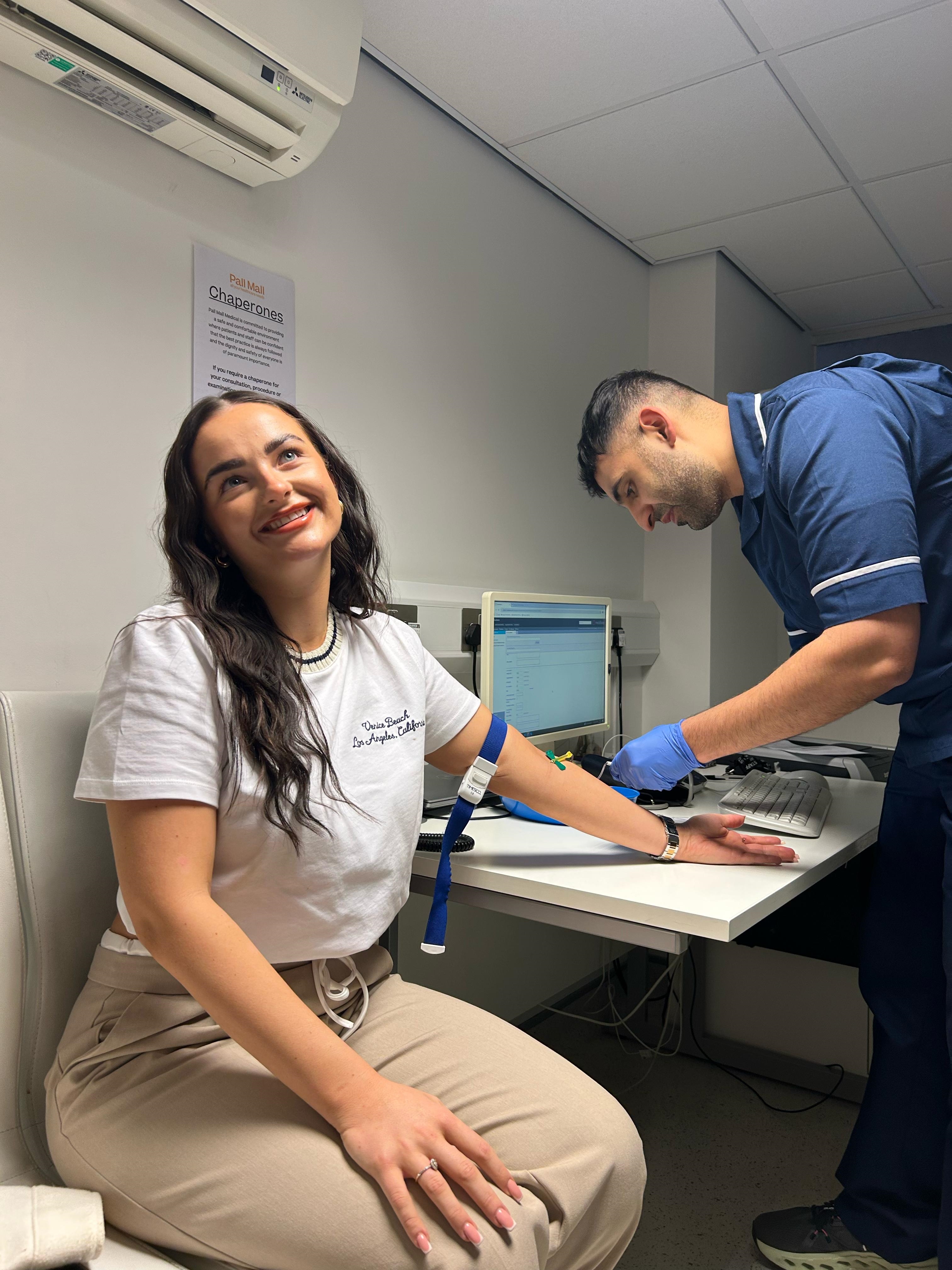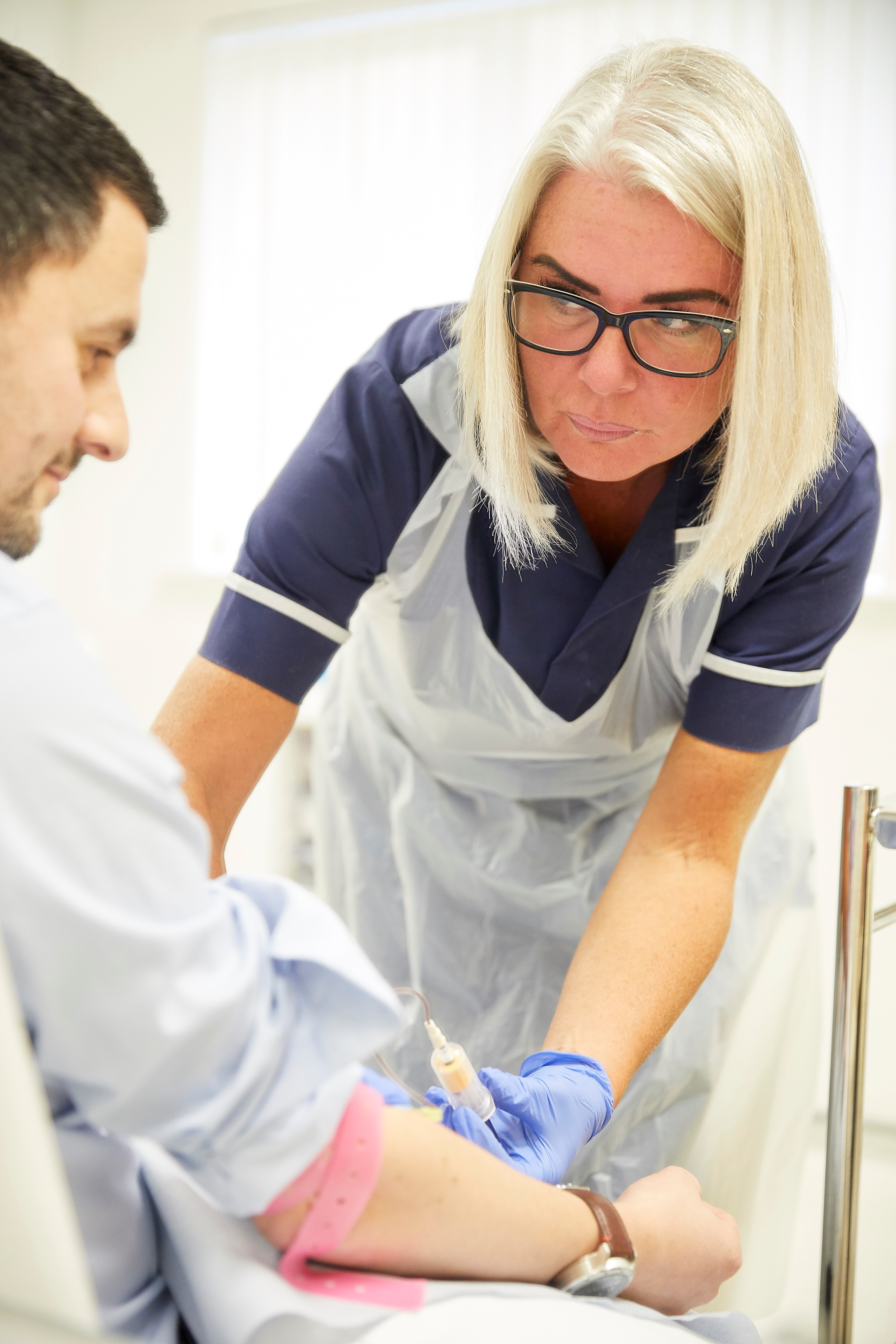Our ALEX2 is our most comprehensive allergy test - screening for over 300 allergens - identifying your allergic triggers.
Ideal for people with multiple symptoms or unclear triggers.
Test categories include: Food allergens, pollen, dust mites, animal dander, insect venoms and other inhalants. ( overall immune system response to allergens, helping to assess allergic tendencies). Our consultant-led services provide everything from expert advice to clinical testing, helping you identify and manage your allergies effectively.


